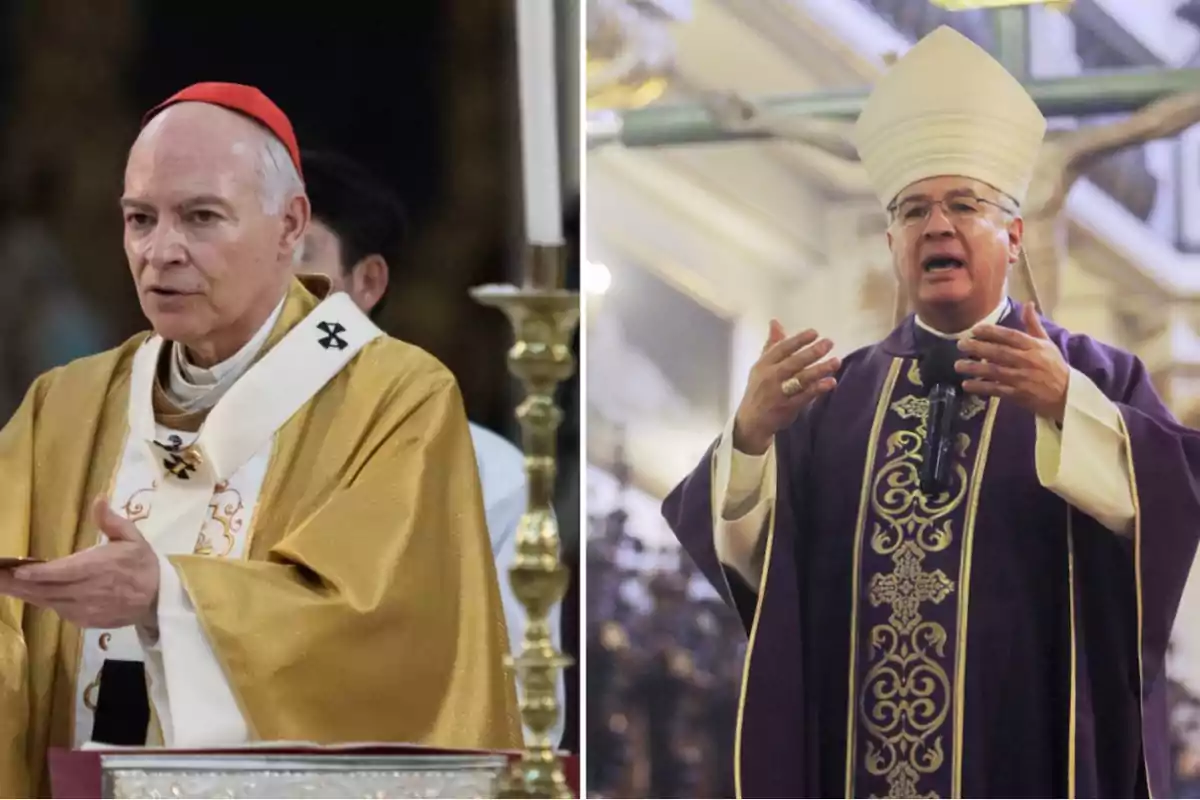
These are the Mexican cardinals who could succeed Pope Francis
Carlos Aguiar Retes and Francisco Robles Ortega will represent Mexico at a decisive moment for the Catholic Church
The recent death of Pope Francis, at 88 years old, has shocked the Catholic world. The Argentine pontiff had a papacy that extended for more than 10 years.
With his passing, the Vatican has formally convened the conclave, a secret meeting of the College of Cardinals where the new spiritual leader of Catholics worldwide will be chosen.
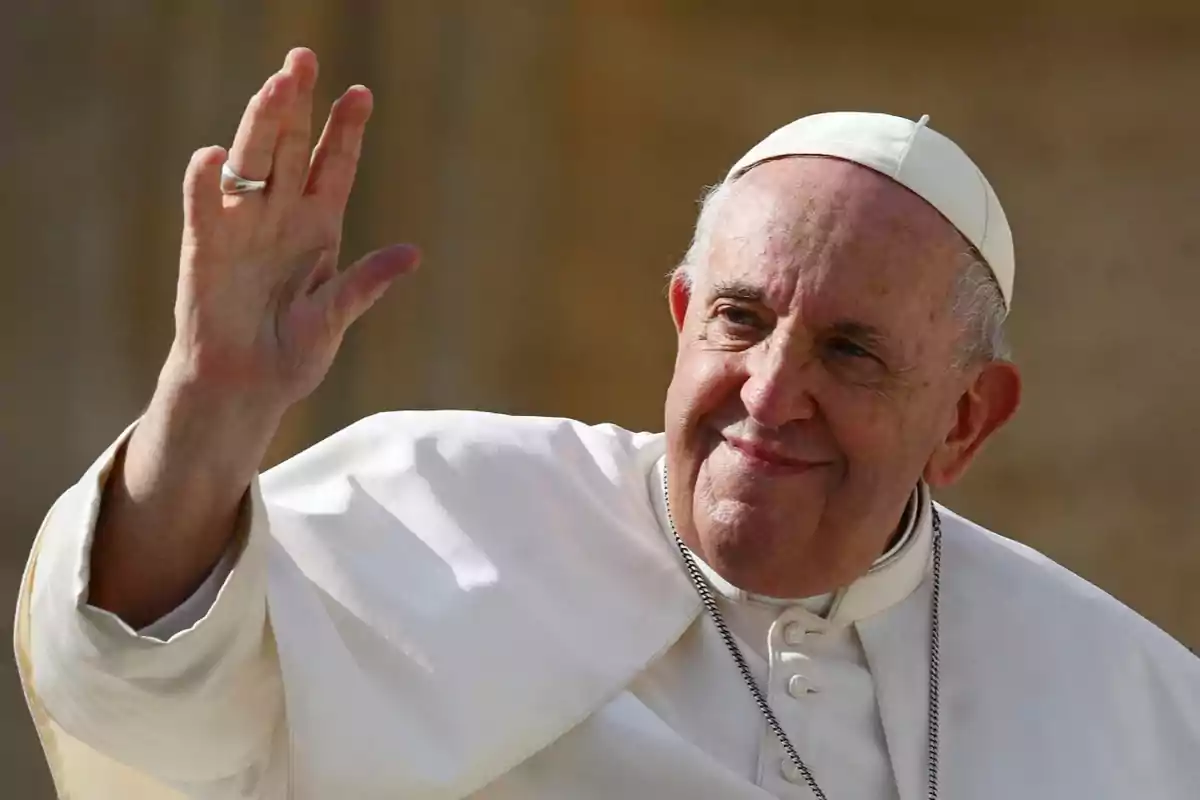
The ceremony will be held in the Sistine Chapel and will include the participation of 138 cardinals under 80 years old, with the right to vote.
Mexico will have a voice and vote in this process through two key figures: Cardinal Carlos Aguiar Retes, Primate Archbishop of Mexico, and Cardinal Francisco Robles Ortega, Archbishop of Guadalajara.
Aguiar and Robles: the Mexican faces in the conclave
Carlos Aguiar Retes has been a prominent figure in the Mexican Church and a close collaborator of Pope Francis. He was elevated to the cardinalate in 2016 and is recognized for his academic, pastoral profile and his capacity for dialogue. Meanwhile, Robles Ortega was named cardinal by Benedict XVI in 2007 and has represented a more conservative voice within the Mexican Episcopate.
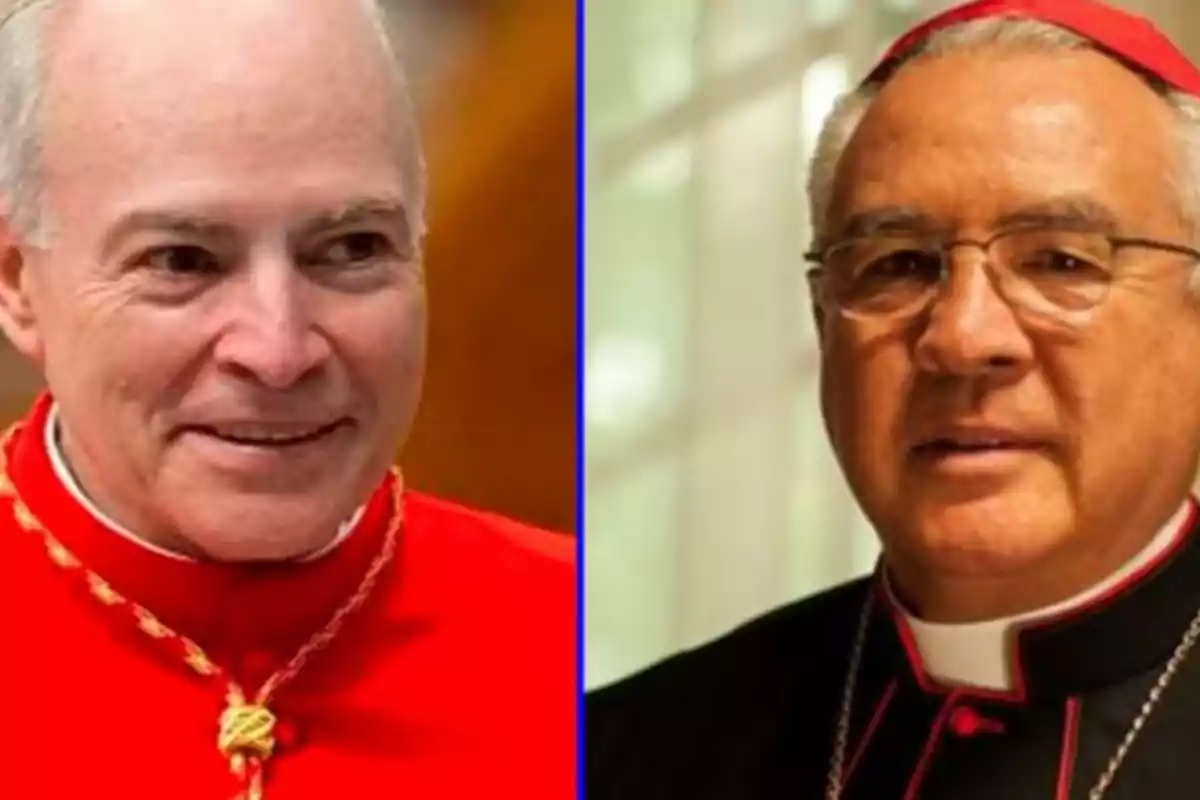
Both cardinals reflect the diversity of approaches that coexist within the Church in Mexico. Now, they will be part of a decision that could profoundly influence the course of Catholicism in the coming decades.
A conclave with a scent of change
Ecclesiastical analysts agree that this conclave will be particularly important. Internal divisions, the weakening of the Church's moral authority, and the advance of progressivism demand clear and firm leadership.
Mexico, as one of the nations with the largest Catholic population in the world, keeps strategic relevance. The participation of Aguiar and Robles not only represents the country but also all of Latin America.
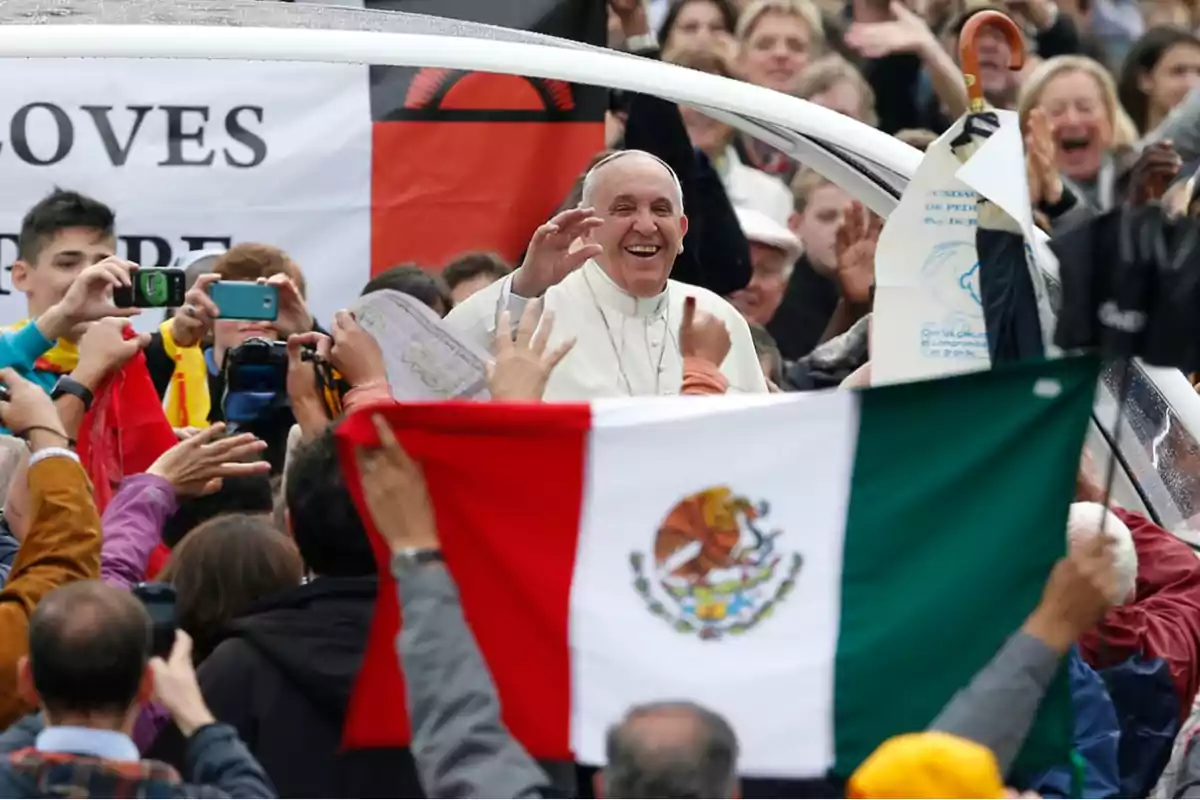
An election that will mark an era
Amid a global context of value crises, political tensions, and growing cultural relativism, the next pontiff must not only be a spiritual guide but also a figure with fortitude, wisdom, and vision to face the challenges of the 21st century.
It is essential that the next Pope defends traditional values and respect for the faith. This way, the conclave must choose a Pope who is clear with doctrine and rejects ideological trends that seek to dilute the Christian identity.
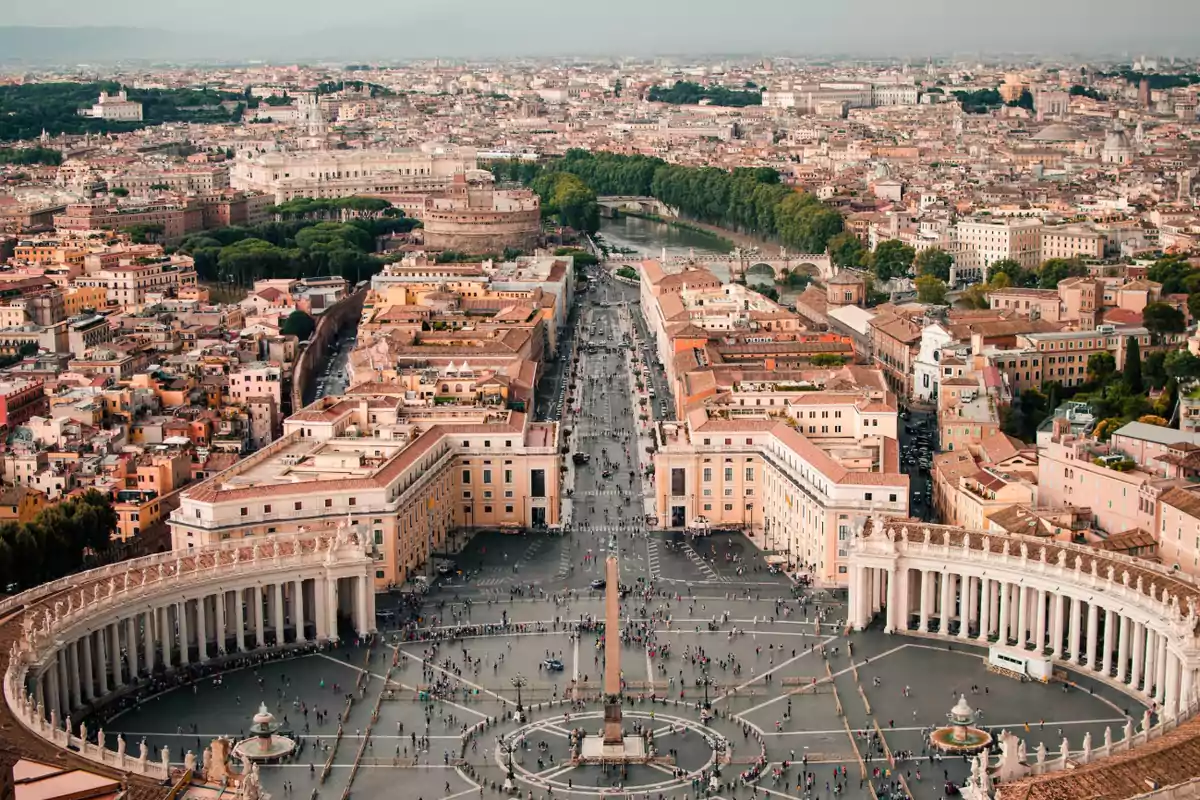
The Church is at a crossroads, and the eyes of the Catholic world are on Rome. What happens in the coming days will mark history.
More posts: